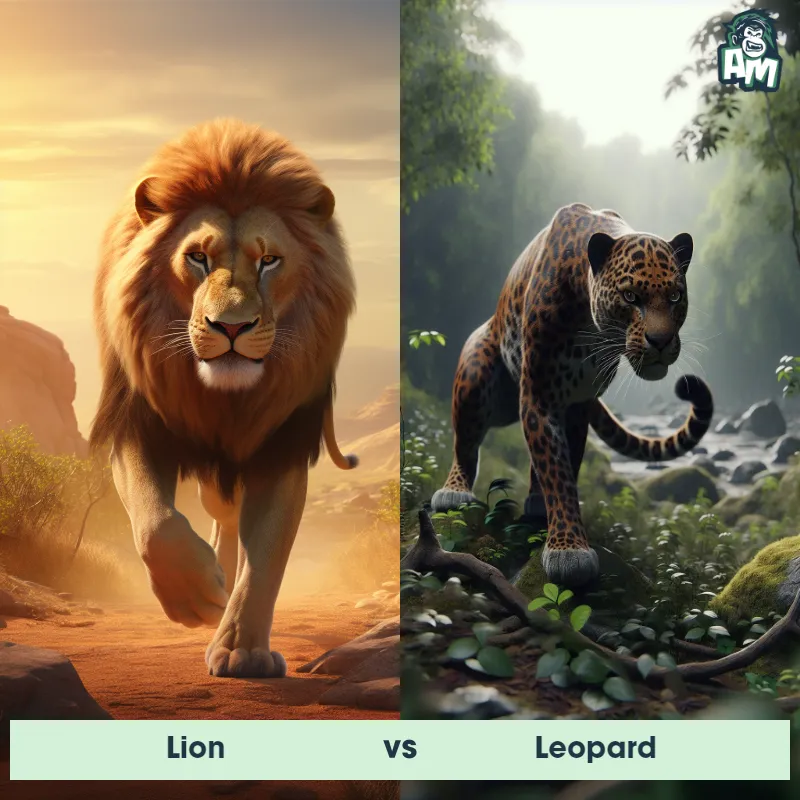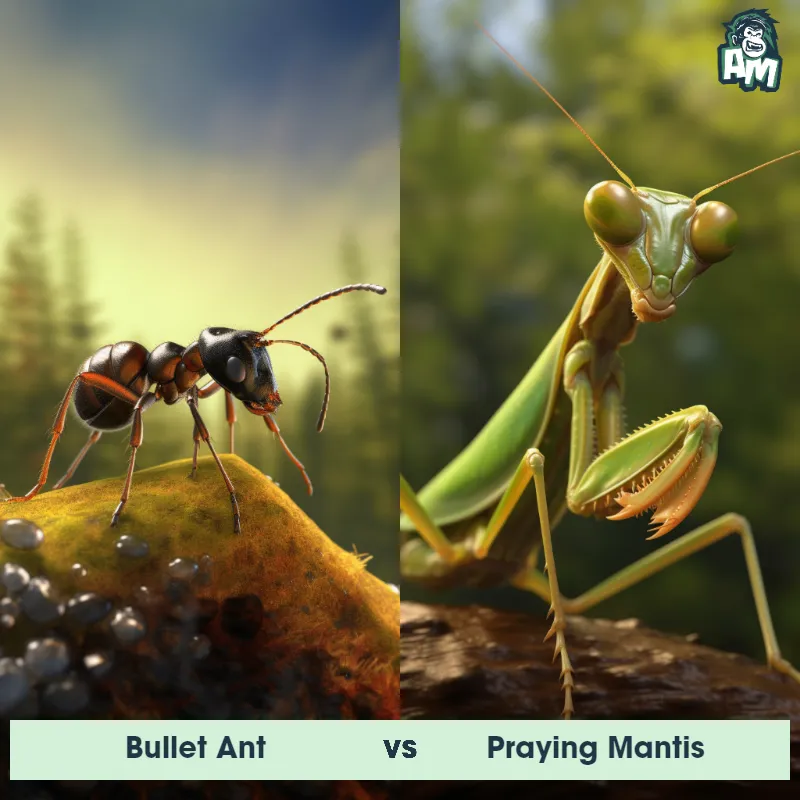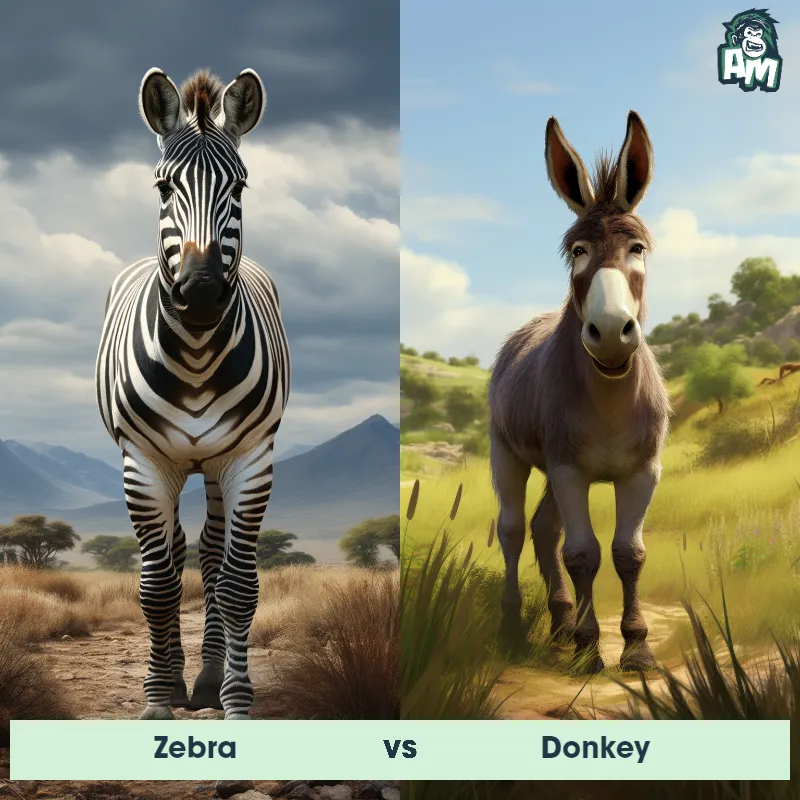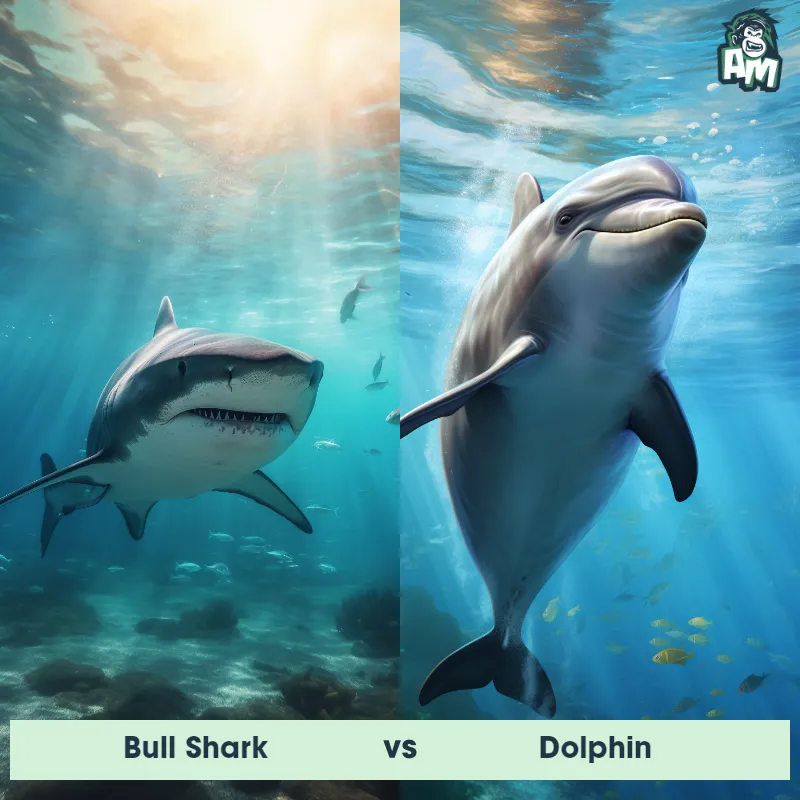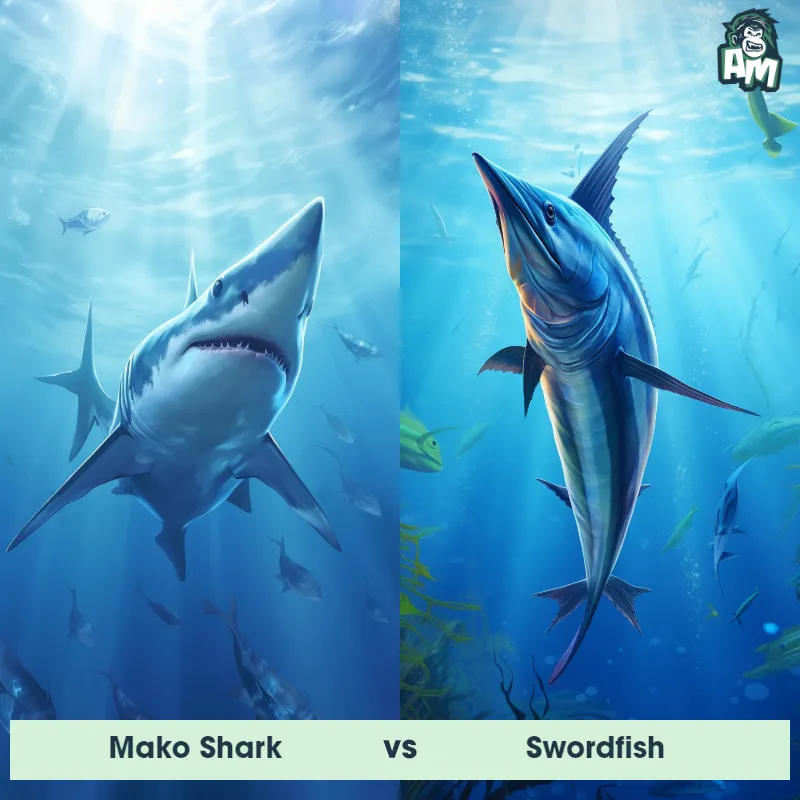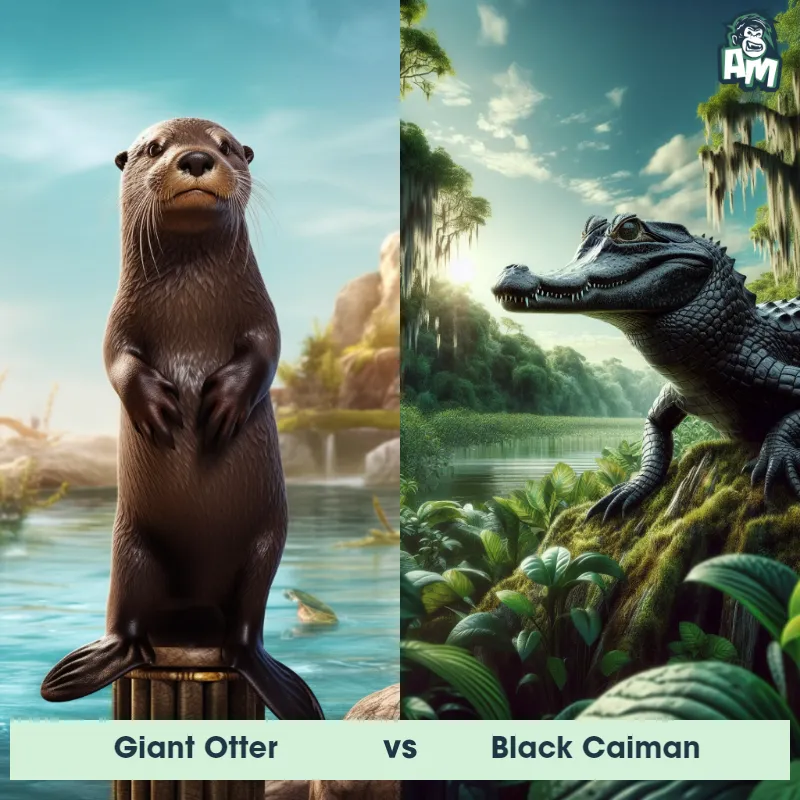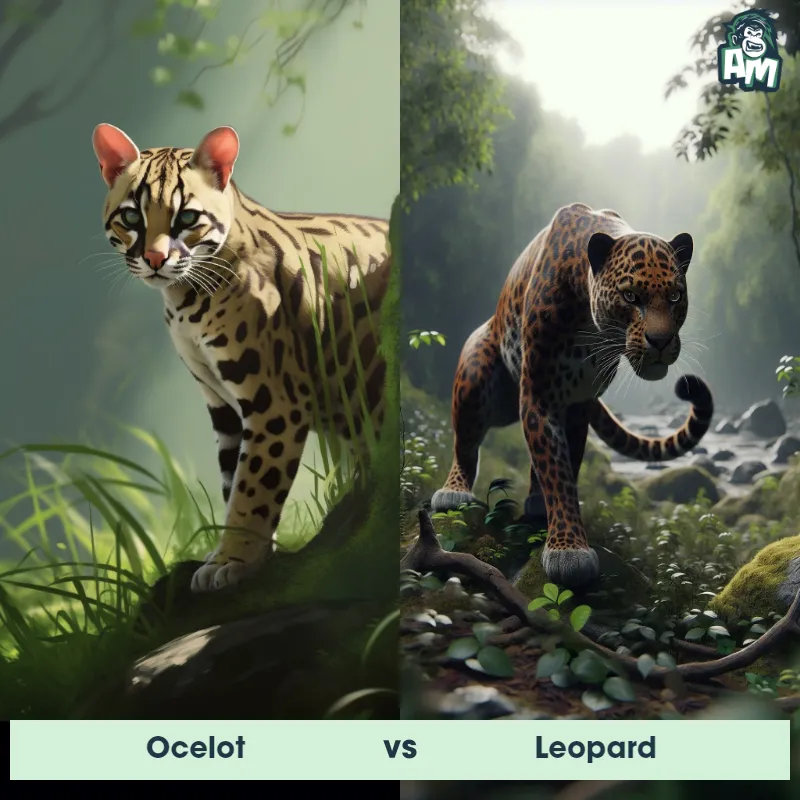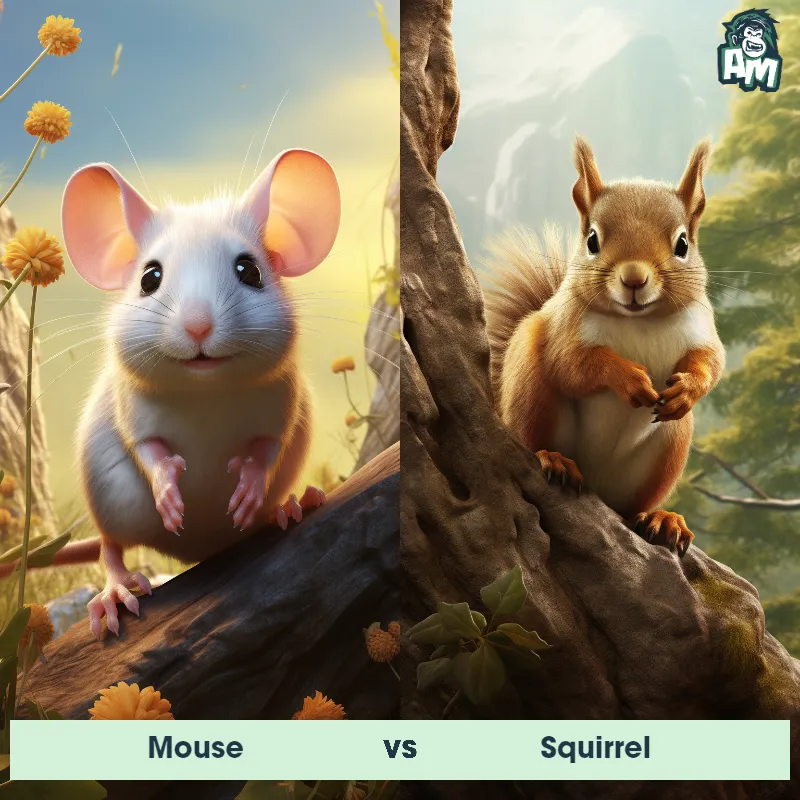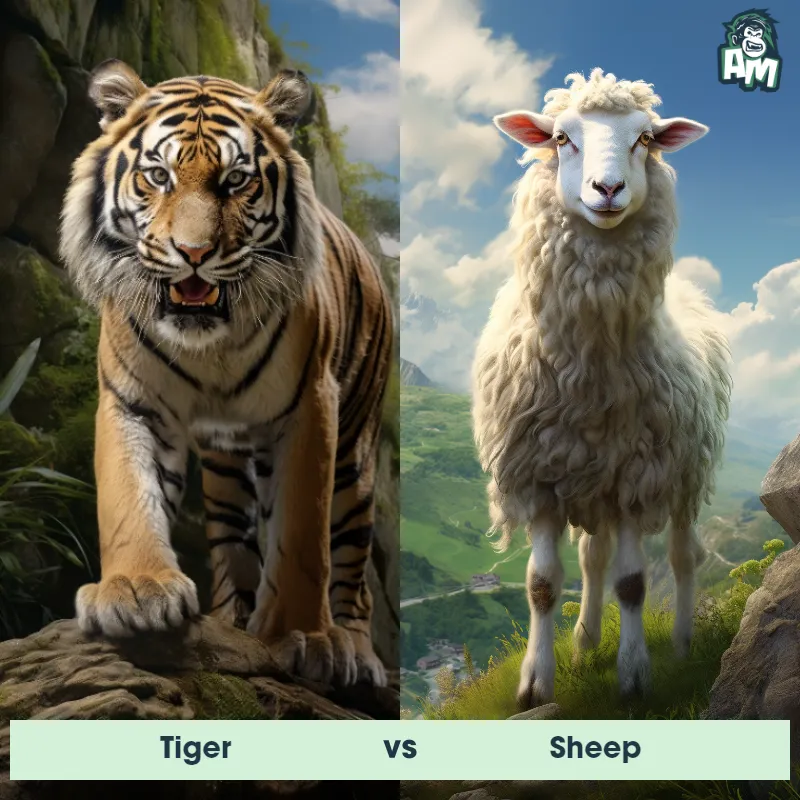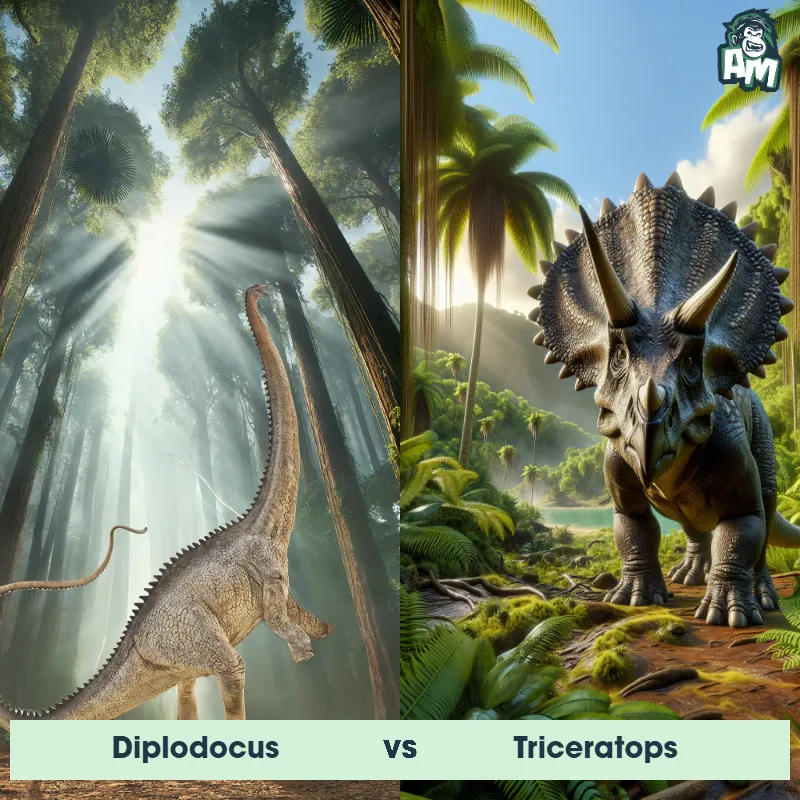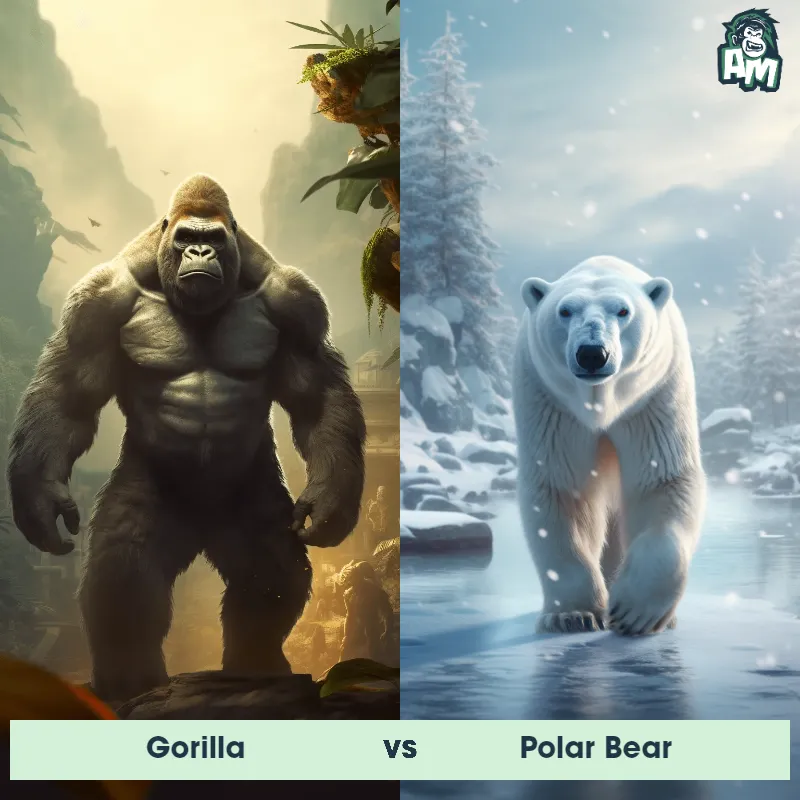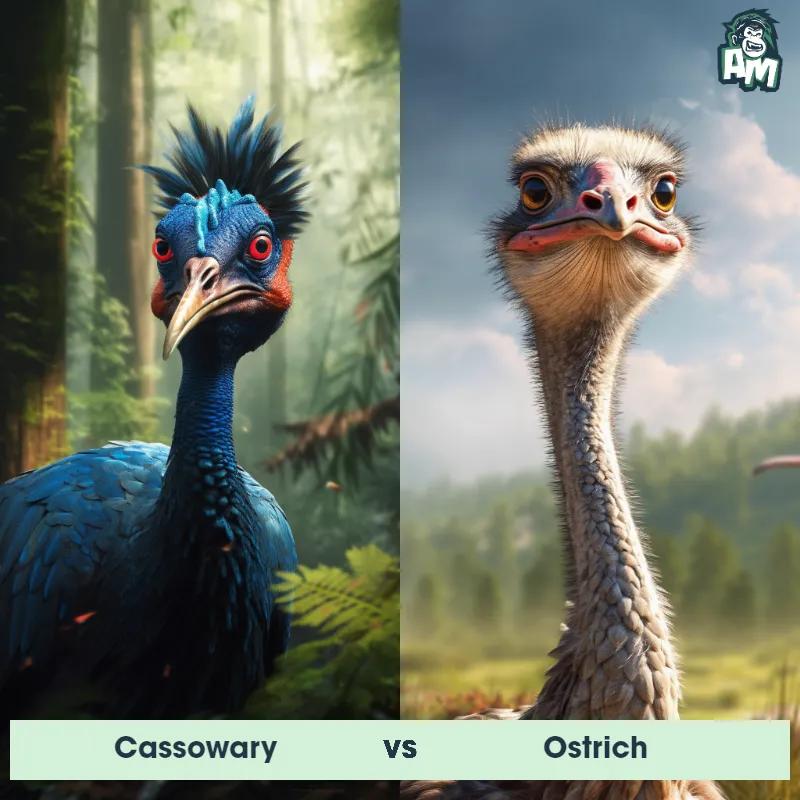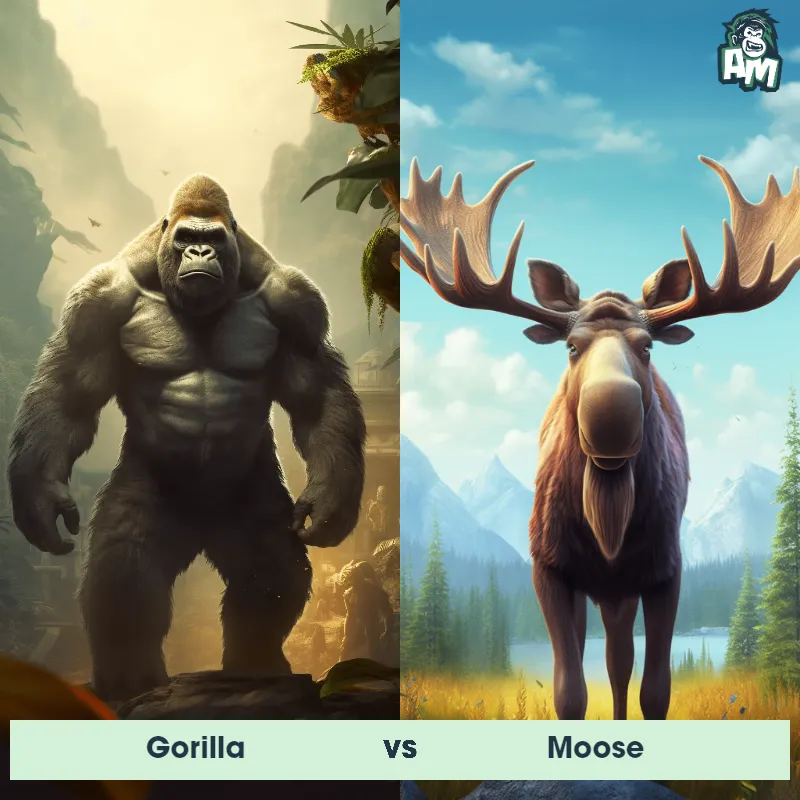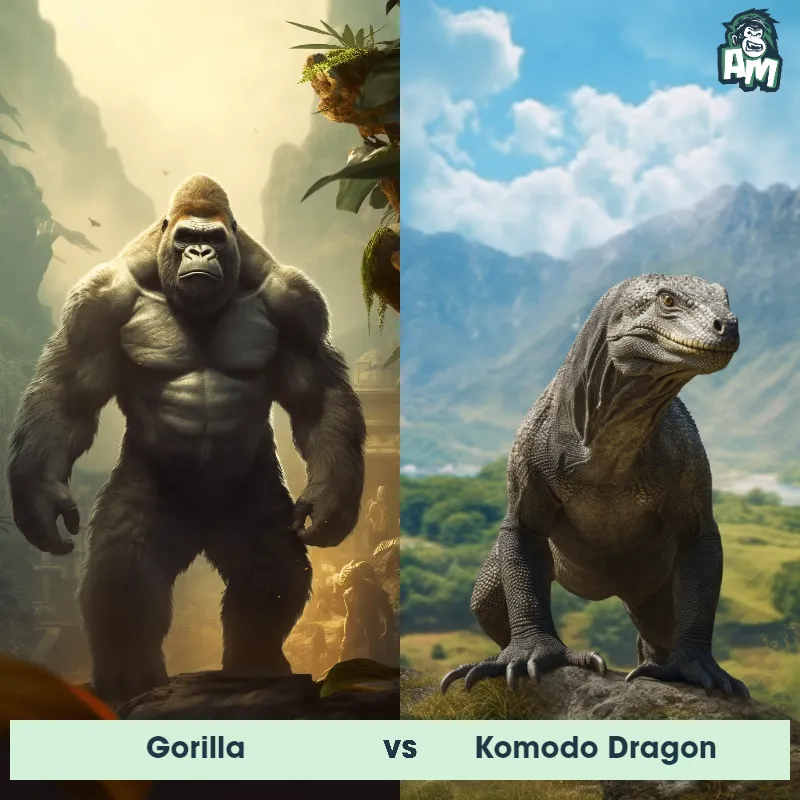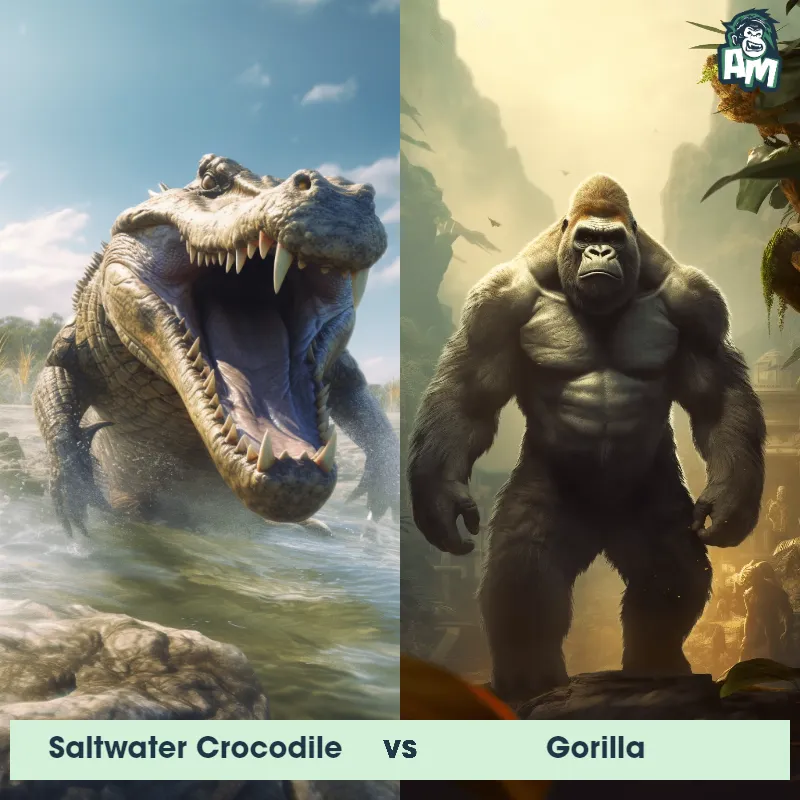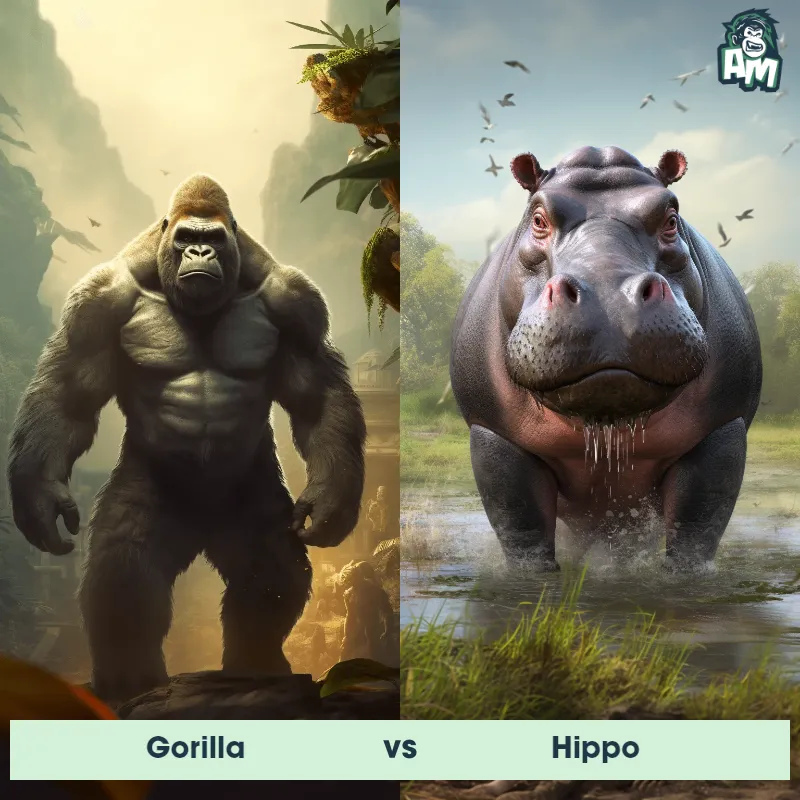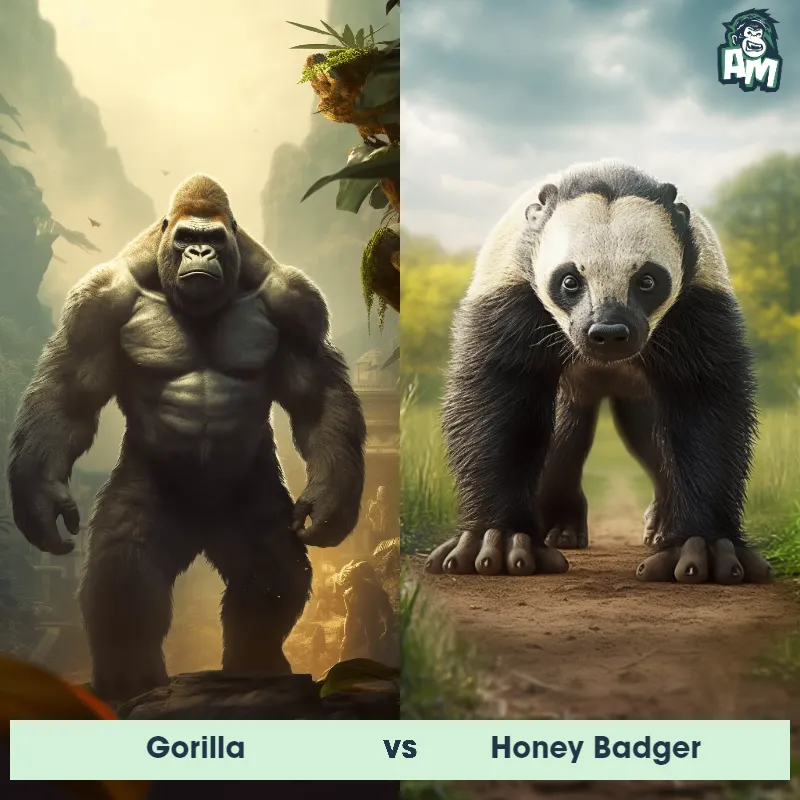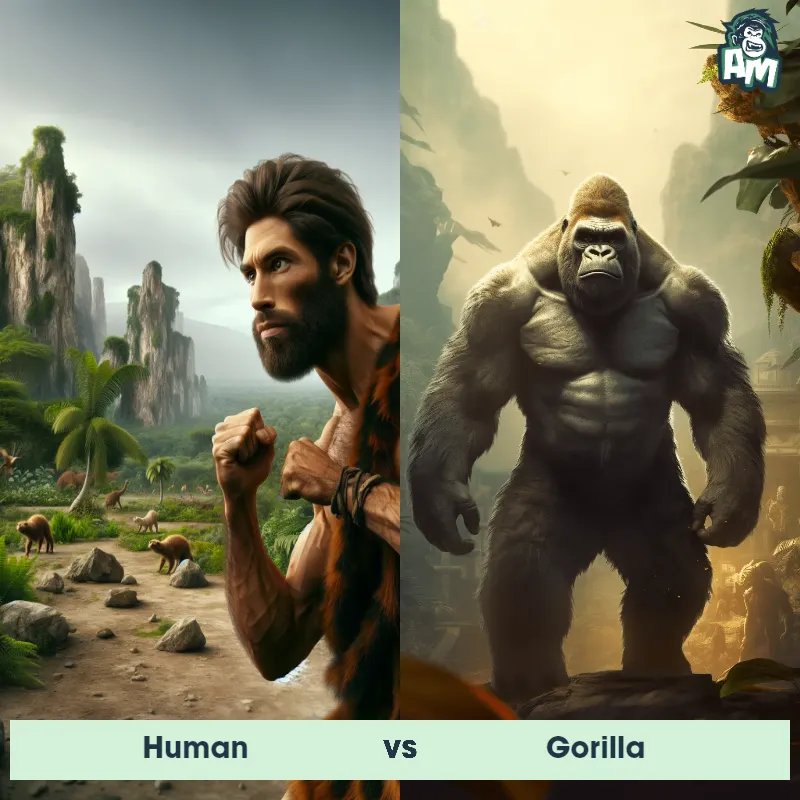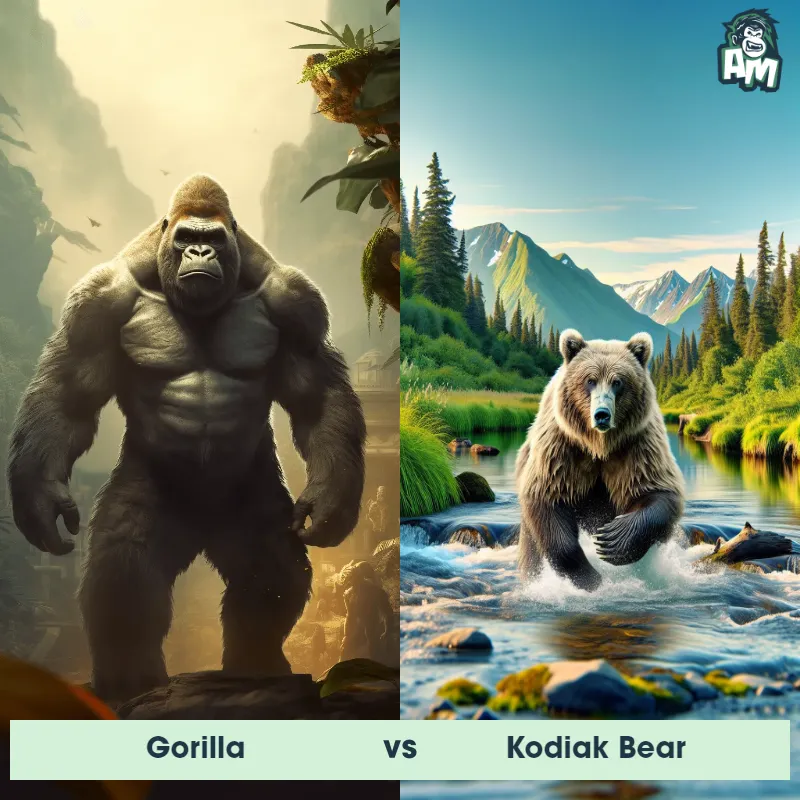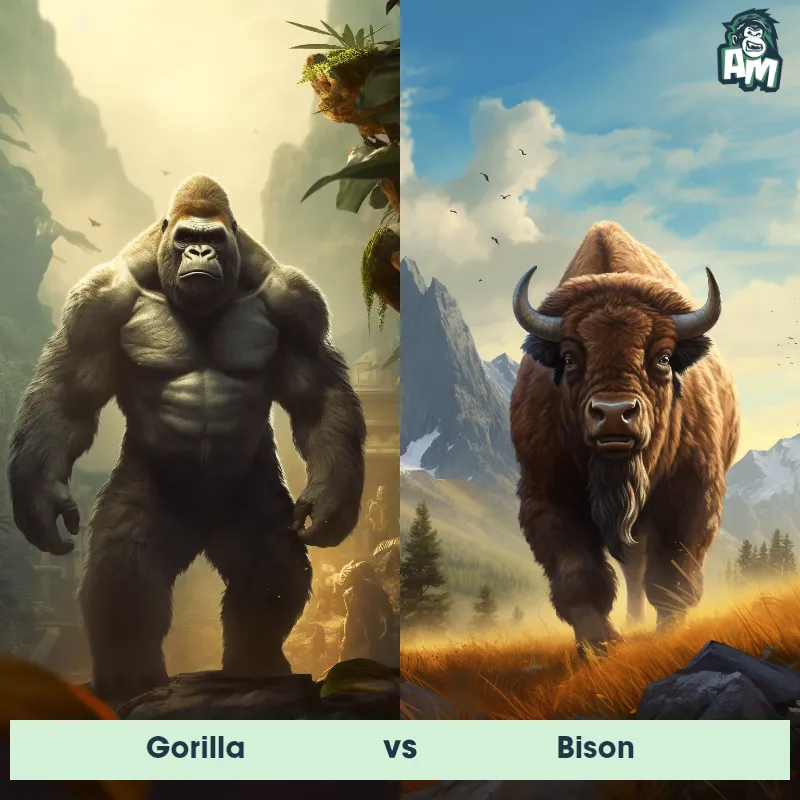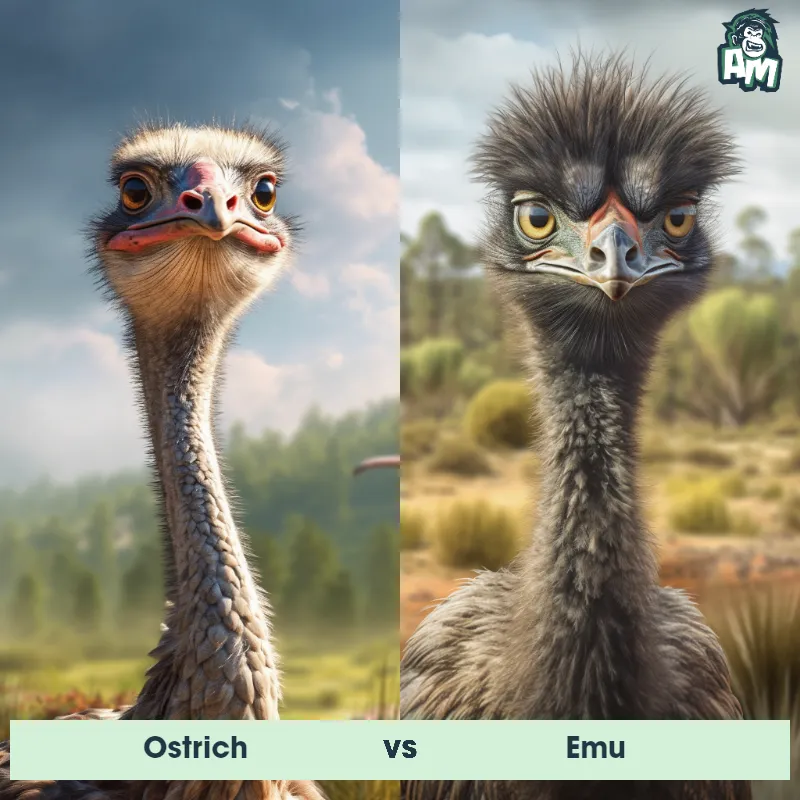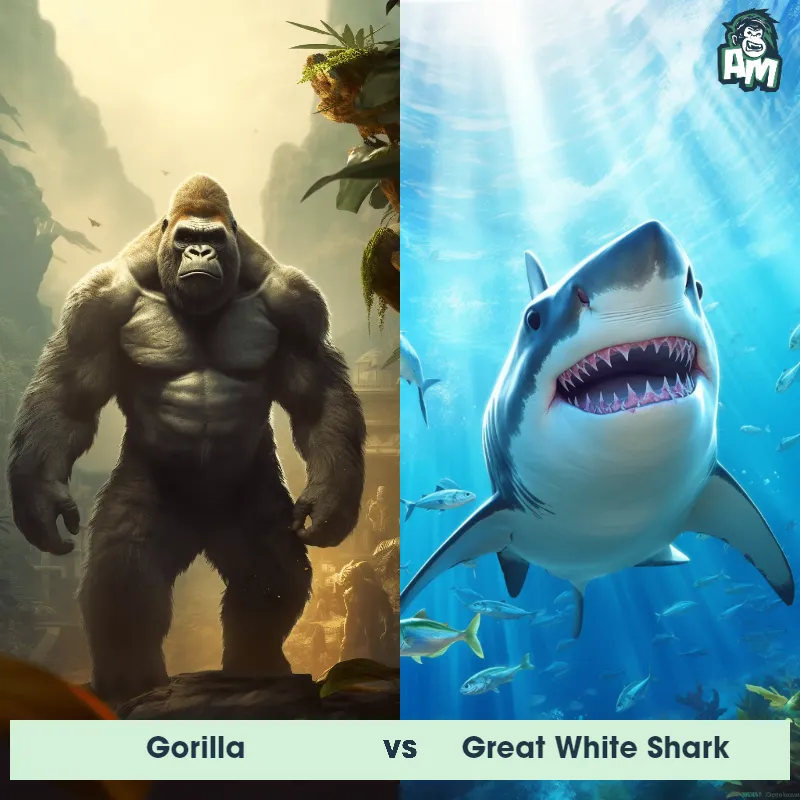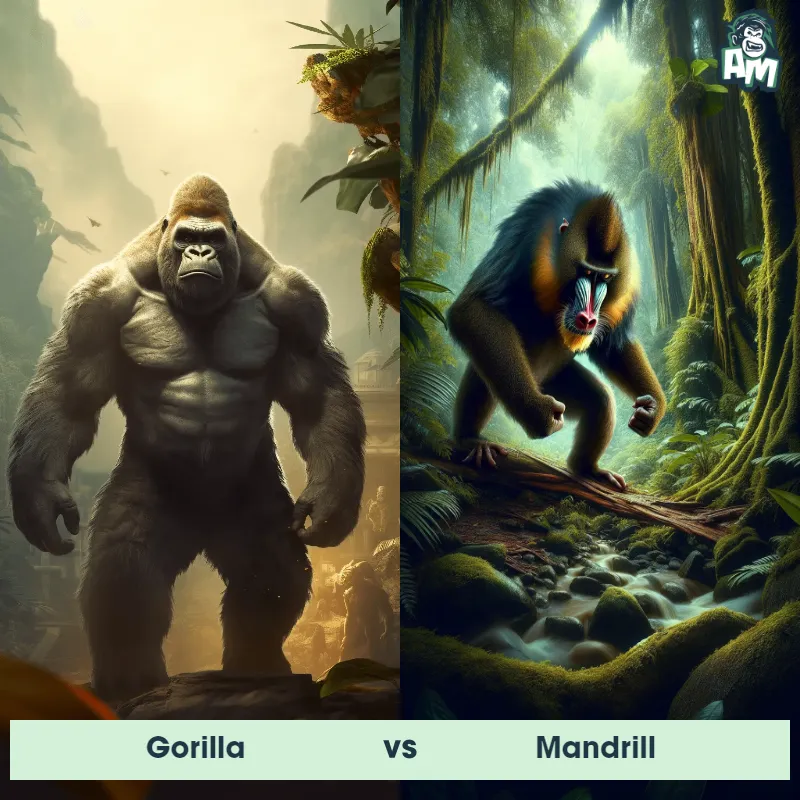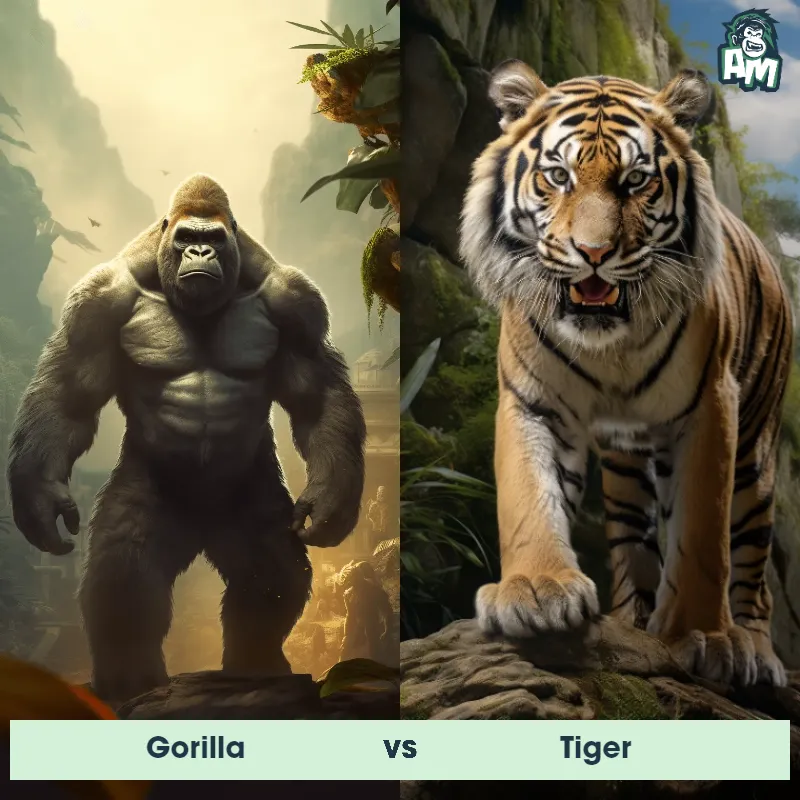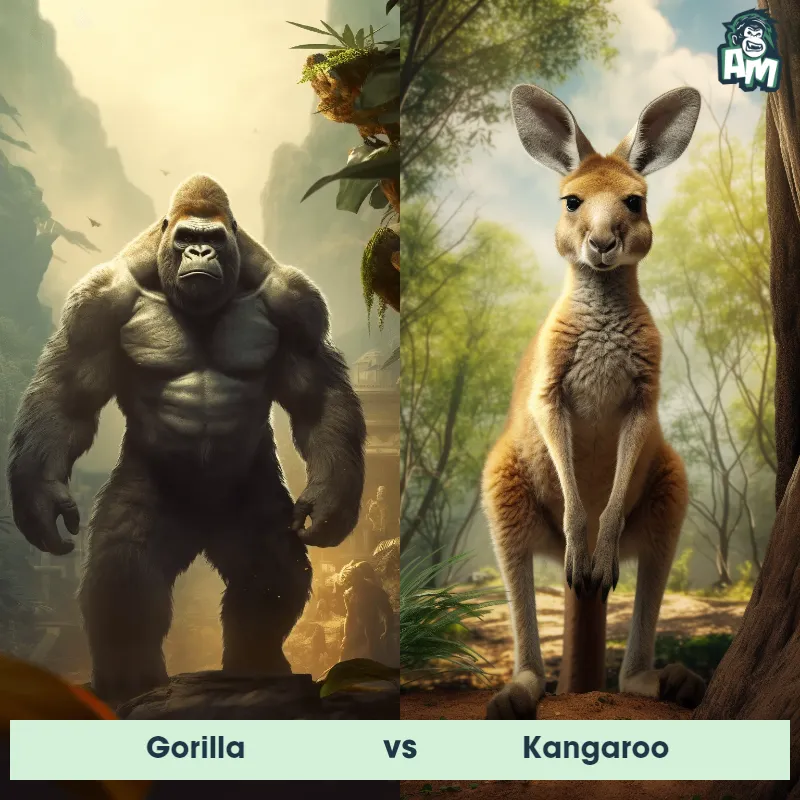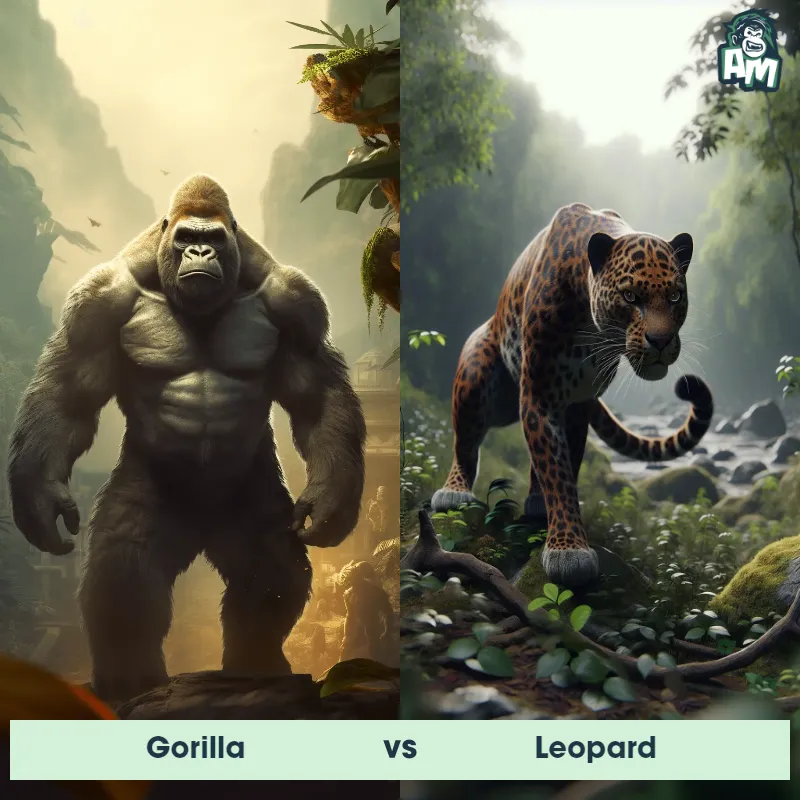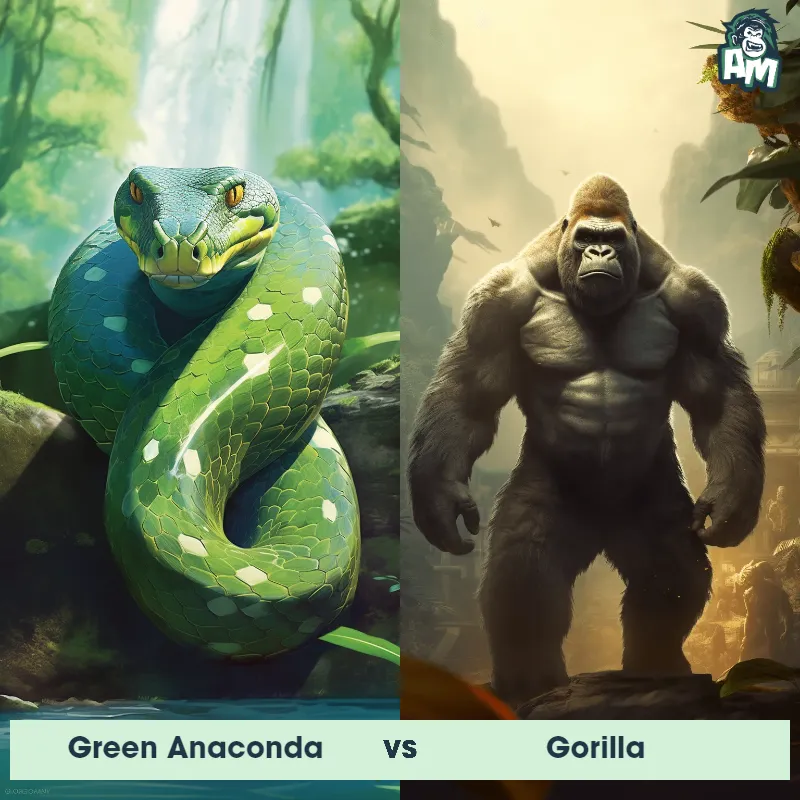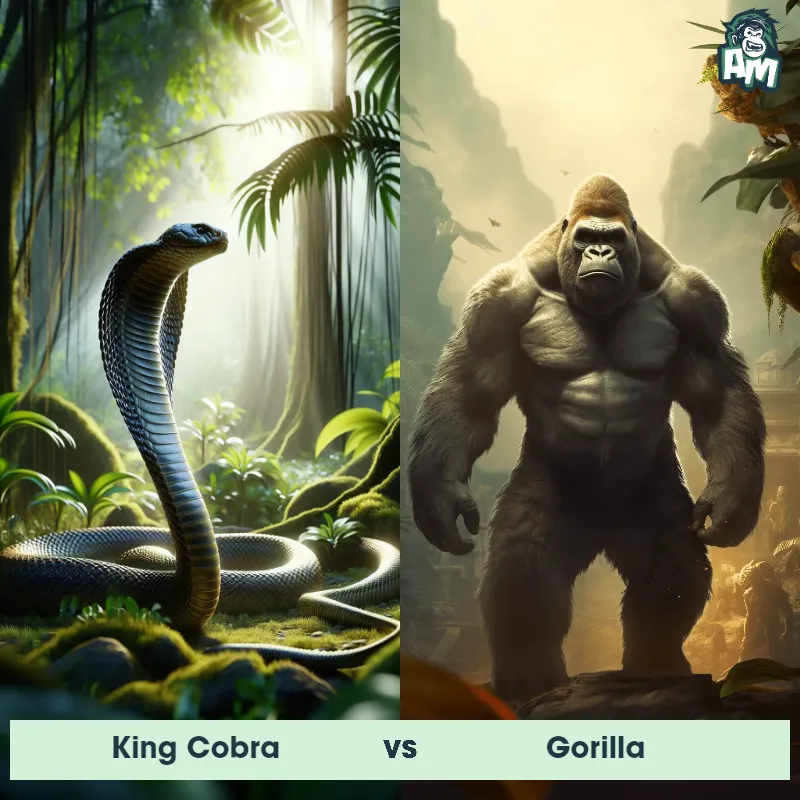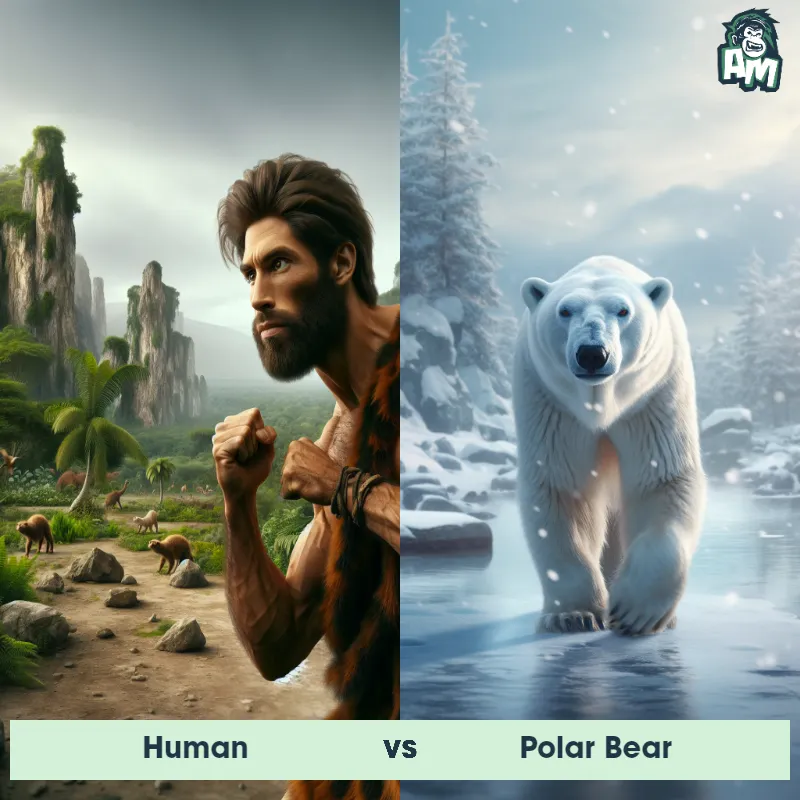Human vs OstrichSee Who Wins

Ladies and gentlemen, welcome to this unique matchup between a human and an ostrich. Both competitors are ready to give it their all in this three-round bout. Let's see who will come out on top in this unusual face-off.
Contender 1: Human
The human, Homo sapiens, is a highly intelligent and social primate species. They are characterized by their upright posture, opposable thumbs, and relatively hairless bodies compared to other mammals. Humans have complex brains that enable them to think, reason, and communicate through language. They possess a wide range of physical variations in height, weight, and skin color due to genetic diversity. Humans are known for their adaptability and capacity to use tools, which has allowed them to thrive in a variety of environments across the globe.
![[object Object] Gif](https://tenor.com/view/hungry-caveman-muppetwiki-muppet-wiki-jim-henson-gif-11005515308056547982.gif)
Fun Fact: Humans are the only known species capable of abstract thinking, allowing them to conceptualize ideas and think in terms of concepts that do not have a physical presence.
Contender 2: Ostrich
The Ostrich is the largest bird in the world, standing up to 9 feet tall and weighing up to 320 pounds. They have long, powerful legs that allow them to run up to 45 miles per hour, making them the fastest bird on land. Ostriches have a distinctive appearance with their long necks, small heads, and large eyes. They are flightless birds with wings that are used for balance and courtship displays. Ostriches are found in Africa and are known for their distinctive mating dance.
Fun Fact: Ostriches have the largest eyes of any land animal, measuring up to 2 inches in diameter, which is larger than their brain.
Matchup Stats
| Human | Ostrich | |
|---|---|---|
| Size | Average height of 5 feet 7 inches (170 cm) | Up to 9 feet tall (2.7 meters) |
| Weight | Average weight of 154 pounds (70 kg) | Up to 320 pounds (145 kilograms) |
| Speed | 27.8 mph (44.7 km/h) | Speed: 43 mph (69 km/hr) |
| Key Strength | Intelligence and ability to strategize | Powerful legs for kicking |
| Biggest Weakness | Lack of physical strength compared to some animals | Flightless |
Current Votes
Human vs Ostrich
See Who Wins
View More Matches
Looking For More?
Similar Matches
Scientific Stats
| Human | Ostrich | |
|---|---|---|
| Scientific Name | Homo sapiens | Struthio camelus |
| Family | Hominidae | Struthionidae |
| Habitat | Diverse habitats, including forests, grasslands, deserts, and urban areas | Grasslands and savannas |
| Geography | Found on all continents | Africa |
| Diet | Omnivorous, with a preference for cooked food | Omnivorous, primarily plants and insects |
| Lifespan | 70 years - 90 years | 40 years - 50 years |
Key Differences between Human and Ostrich
- Plumage: The Ostrich has distinctive black and white feathers while the Human lacks feathers entirely.
- Legs: The Ostrich has powerful, muscular legs that enable it to run at high speeds while the Human has comparatively weaker legs built for endurance rather than speed.
- Skin color: The Human has a variety of skin tones, while the Ostrich has greyish skin that is mostly covered by feathers.
- Beak shape: The Ostrich has a long, flat beak that is adapted for foraging while the Human has a small, rounded mouth for eating a variety of foods.
- Size: The Human is generally taller and heavier than the Ostrich, with much greater bulk overall.
- Neck length: The Ostrich has a long neck that it uses for grazing whereas the Human has a shorter neck in comparison.



